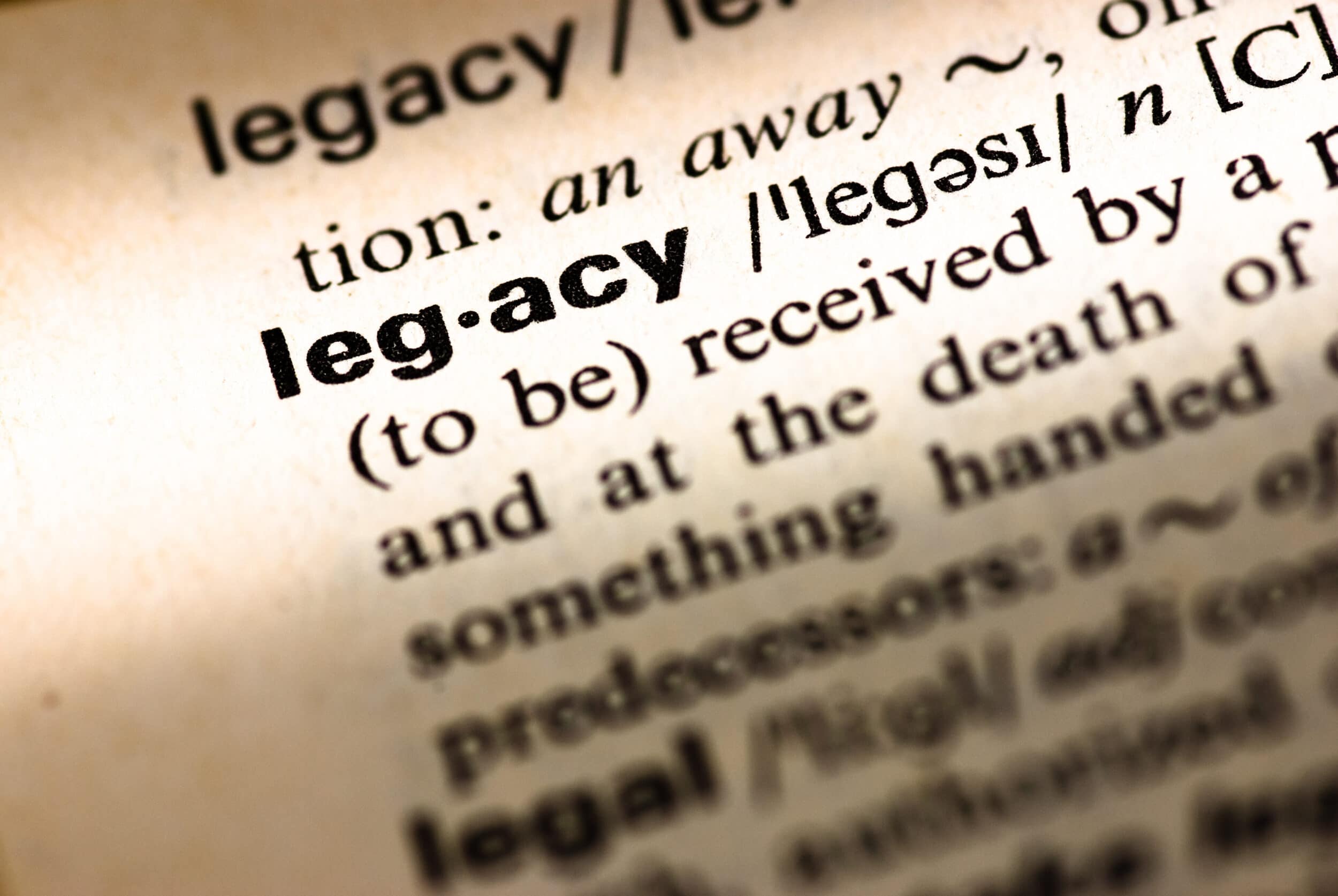His name is Robert, and he’s eight years old. He dreams of changing the world in some profound way. Even though he bears your name, you’re never going to meet him. You love him and want the best for him. He’s your great-great-great-grandson. With the right tax-saving strategy and a legacy planning mindset, you can give Robert the start in life he needs to reach his potential.
You may dream of retiring in style and have a tax-saving strategy in place, but now is the time to adopt a legacy planning mindset, so you leave more than an inheritance behind for your children. Here are a few tips for adopting a legacy planning mindset and leaving your future grandchildren a legacy that can help them excel.
Change the Way You Think About the Future
You aren’t going to wake up one day and discover your biggest goal in life is to create a legacy for future generations. It’s essential that you look at your life lessons and determine how they affected you in both positive and negative ways. Have you ever gone hungry? Lost a job? Been unable to pay for higher education?
You don’t want your future descendant to struggle the way you have. It’s your goal to help them avoid the same hardships that you’ve endured. You need to be patient with yourself. Each day, look at the activities you perform and determine ways that these jobs can improve the future of your family.
While your current mindset is looking forward to retirement and ensuring your children enjoy an inheritance, it only takes a little work to add future generations and your legacy to your planning. If you find there are times when you aren’t thinking about your legacy, it’s okay. It’s a matter of working at it.
Remember That Money Doesn’t Solve All Problems
Sometimes, your descendants might need a morale booster or someone in their ancestry line to emulate. While most people are conditioned to throw money at any problem, it can’t always resolve the issue. By setting the example you would want, future generations can find the inspiration and motivation they need to solve problems.
This can include leaving behind a heartfelt letter about your hopes and dreams for future generations or an explanation of what they mean to you even though you never meet. You can help inspire your future generations and give them the confidence to succeed. This type of motivation is what your descendant needs to face obstacles and become successful on their own.
You know what the right choices are but sometimes, they aren’t the easy ones. In order to improve the lives of future generations, you can live an enviable life. This is part of your true legacy.
Recognize Your Own Mortality
It isn’t an easy subject to discuss or think about. However, unless medical science improves exponentially, you’re never going to meet Robert or any of your other future generations past your own great-grandchildren.
You’re already planning for your retirement and golden years. With the right tax-saving strategy, your investments can help you enjoy your post-full-time work life. However, you need to step into the unknown and start planning for the time after you’re gone. This is how you build a financial legacy.
If you can see past your own mortality and find the right financial planner, you can build a legacy that provides assistance to many future generations. With the right plan and advice, your legacy can help many generations of your family.
Define Your Plan
Did you know that 68% of Americans don’t have a will? Writing a will can be daunting because it requires you to face your own mortality and decide how to divide your assets. However, a will is the first step in your legacy planning.
Your will is a blueprint for your final wishes. It’s your opportunity to determine your own funeral arrangements and choose which family members receive your personal belongings and financial assets, but it isn’t exactly legacy planning. Realistically, the will allows you to bequeath your assets to your beneficiaries that can include spouses, children, grandchildren, employees, charities, and others.
Once your beneficiaries receive these assets, they control all decisions in relation to these assets. You need to do more than write a will as part of legacy planning. You need to create a trust.
You’ve probably heard of trust funds and understand the principle of generational wealth. However, you might be unsure of what a trust is. A trust is a legal relationship where you sign over the title or stakes in property or other financial assets. The trustee manages these funds to help them grow and disperses the funds in a predetermined way. Trusts help protect legacies and the people for whom they are intended. These contractual agreements between two persons set the terms of agreement that govern how assets are ultimately attributed to their beneficiaries.
Wills and trusts are both important steps in the process of legacy planning and should be foundational parts of your overall plan.
Find the Right Partner
In the United States, between 2007 and 2061, experts expect more than $59 billion in assets to transfer from estates. This is a lot of money, and if you find the right partner in legacy planning, some of it can go to your family’s future generations. One of the largest determinants to your legacy planning can be estate taxes.
During the same period that the $59 trillion is expected to transfer, the Internal Revenue Service (IRS) is expected to receive $5.6 trillion of this money in the form of estate taxes. Of course, the federal tax code is always changing. This makes it essential to have a tax-saving strategy. While working with the best advisor possible, you can make smart tax moves for your current income, retirement savings, and your legacy planning.
With a new mindset and help to plan, you can create a legacy that benefits your family now and future generations. While you may not know your descendant, you want to give them the chance to succeed because they’re truly your biggest legacy.
Start building your legacy today by calling your experts at TSP Family Office. We focus on the issues of today and help you plan for a future that may be a little further removed than tomorrow.


;)
;)
;)